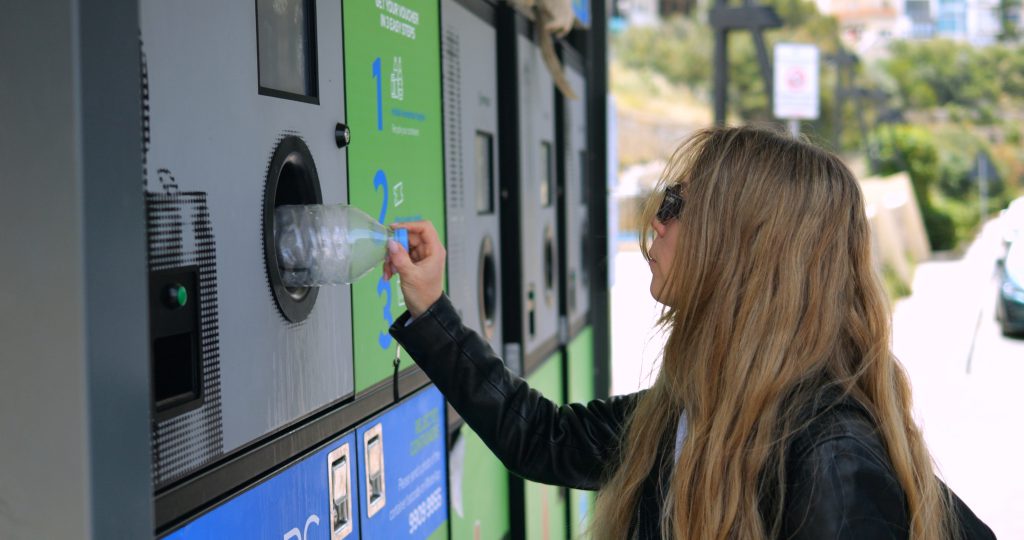BCRS – A success story with a bitter end

The Beverage Container Recycling Scheme (BCRS) was launched with an admirable goal: to reduce plastic waste and promote a sustainable culture of recycling. From an environmental perspective, the scheme has delivered on its promise, helping divert thousands of plastic bottles away from landfills and into recycling streams. However, its logistical inefficiencies, lack of financial transparency, and monopolistic nature leave much to be desired, risking public disillusionment with a project that should be a beacon of progress.
At the heart of the system is a simple principle: consumers pay an extra €0.10 for every drink bottle, redeemable upon returning the bottle to a reverse vending machine. While straightforward in theory, its execution has been anything but. Customers are forced to endure long queues, brave the elements, and cope with malfunctioning machines. These frustrations are amplified when one must wait as someone deposits bottles one by one, especially in peak periods. What should be a convenient and modern solution often feels more like an ordeal.
The scheme’s insistence that bottles be returned in pristine condition compounds the inconvenience, forcing individuals to store bottles at home with care. For those without the means to transport large volumes, such as the elderly or those without private vehicles, the scheme becomes exclusionary. Surely, this is not the progress we envisioned when adopting such a system.
Transparency: a black hole
The financial underpinnings of BCRS are another source of public unease. While its CEO claims the company is operating at a loss, the lack of accessible financial data fuels scepticism. What happens to the millions of euros collected from unredeemed deposits? How are these funds reinvested into the system or the environment? The absence of audited accounts for 2023 and a hands-off regulator, Circular Economy Malta, exacerbate these concerns. The regulator’s failure to publish an annual report for two consecutive years suggests a worrying lack of accountability, further eroding public trust.
Additionally, the monopolistic nature of the BCRS raises red flags. Without competition, there is little incentive for the operator to innovate or address consumer grievances. This is a system designed to serve the public good, yet its operations remain shrouded in opacity. Even data on bottle returns, which could provide invaluable insights into recycling habits, is locked away, benefitting a select few stakeholders rather than the broader public.
A path forward: reforming the scheme
To salvage the scheme’s reputation and enhance its efficiency, reforms are urgently needed. A simple yet effective solution could involve revising the collection process. Why not accept bottles by weight rather than individual counting? This would significantly speed up the process, reduce queuing times, and eliminate the need for meticulous storage of bottles in their original condition.
Another viable option is door-to-door collection, similar to glass recycling. Collectors could issue vouchers on the spot by weighing the bottles, making the system accessible to all, including those who cannot easily access reverse vending machines. This approach would reduce the scheme’s reliance on centralized collection points, decentralize bottle returns, and improve convenience for consumers.
Accountability and oversight
For the scheme to regain public trust, transparency must become a cornerstone of its operations. Regular publication of audited financial statements, clear reporting on unredeemed funds, and public disclosures by Circular Economy Malta are non-negotiable. The regulator must also step up its oversight role, holding BCRS accountable for performance and addressing general concerns.
The BCRS has demonstrated that Malta can take bold steps toward environmental sustainability. However, without meaningful reforms, its flaws risk overshadowing its successes. By thinking outside the box and prioritizing transparency, efficiency, and inclusivity, the scheme can evolve into a model of sustainability that serves both the environment and the public with the respect and convenience they deserve.
